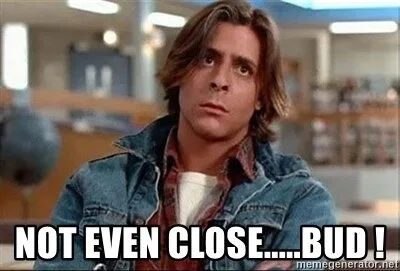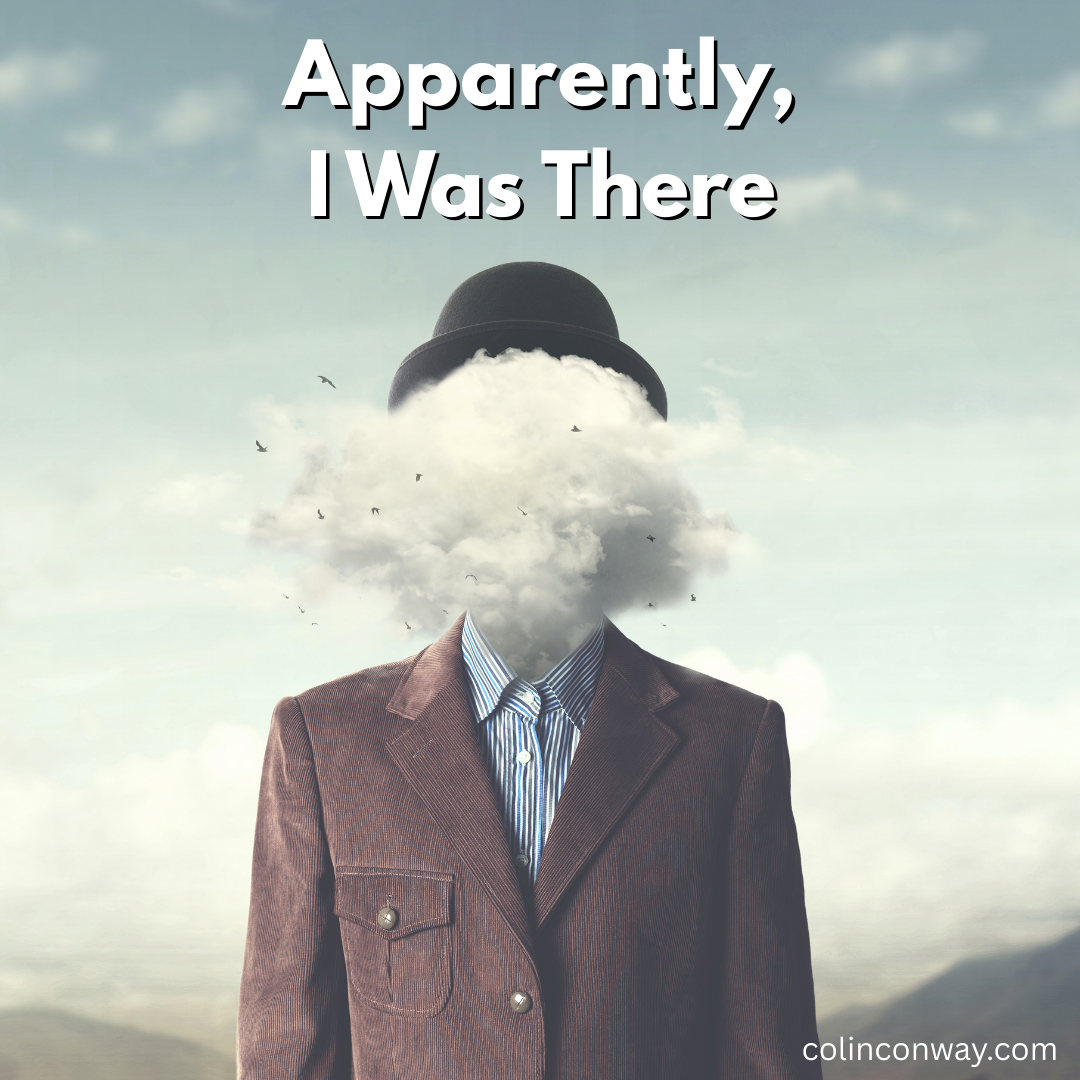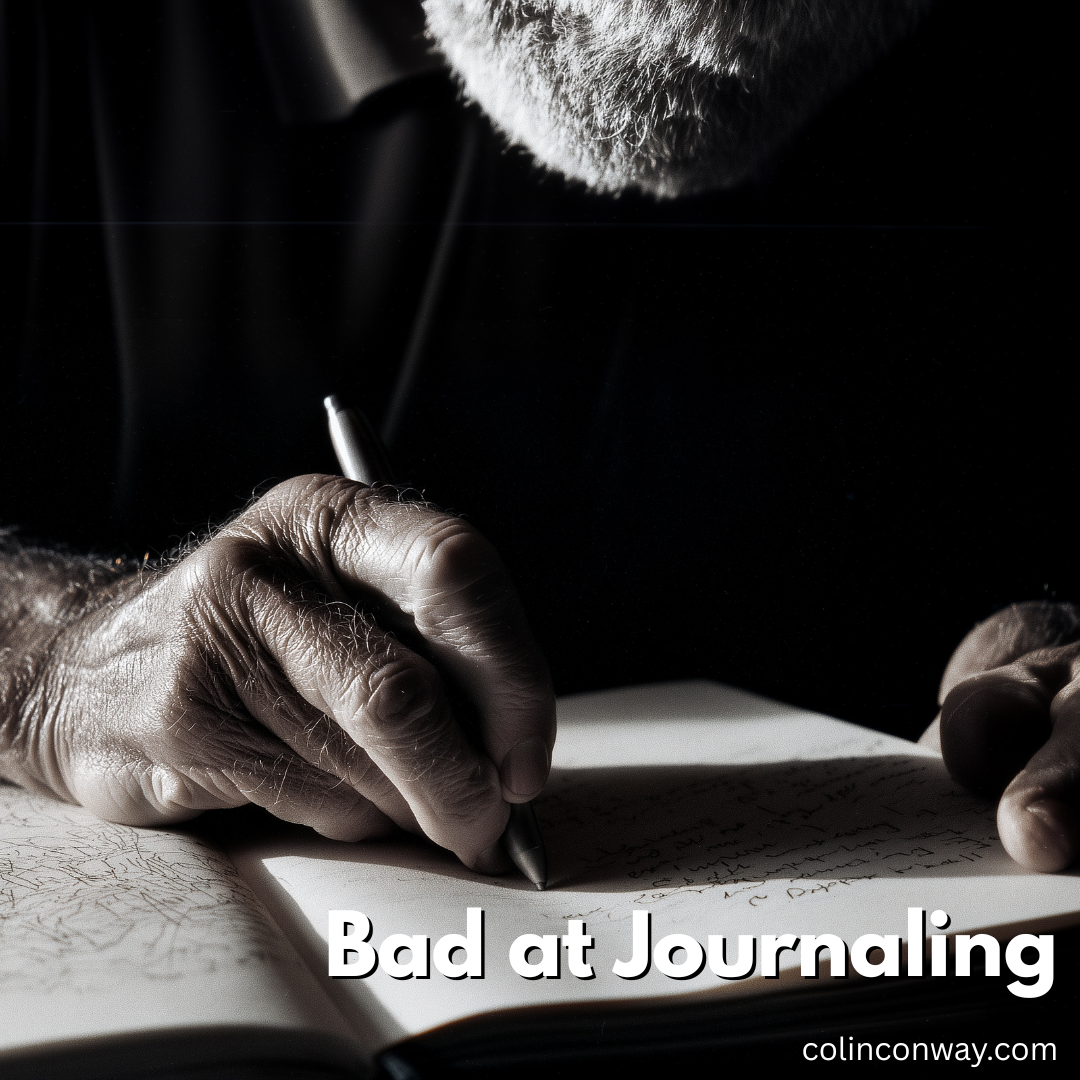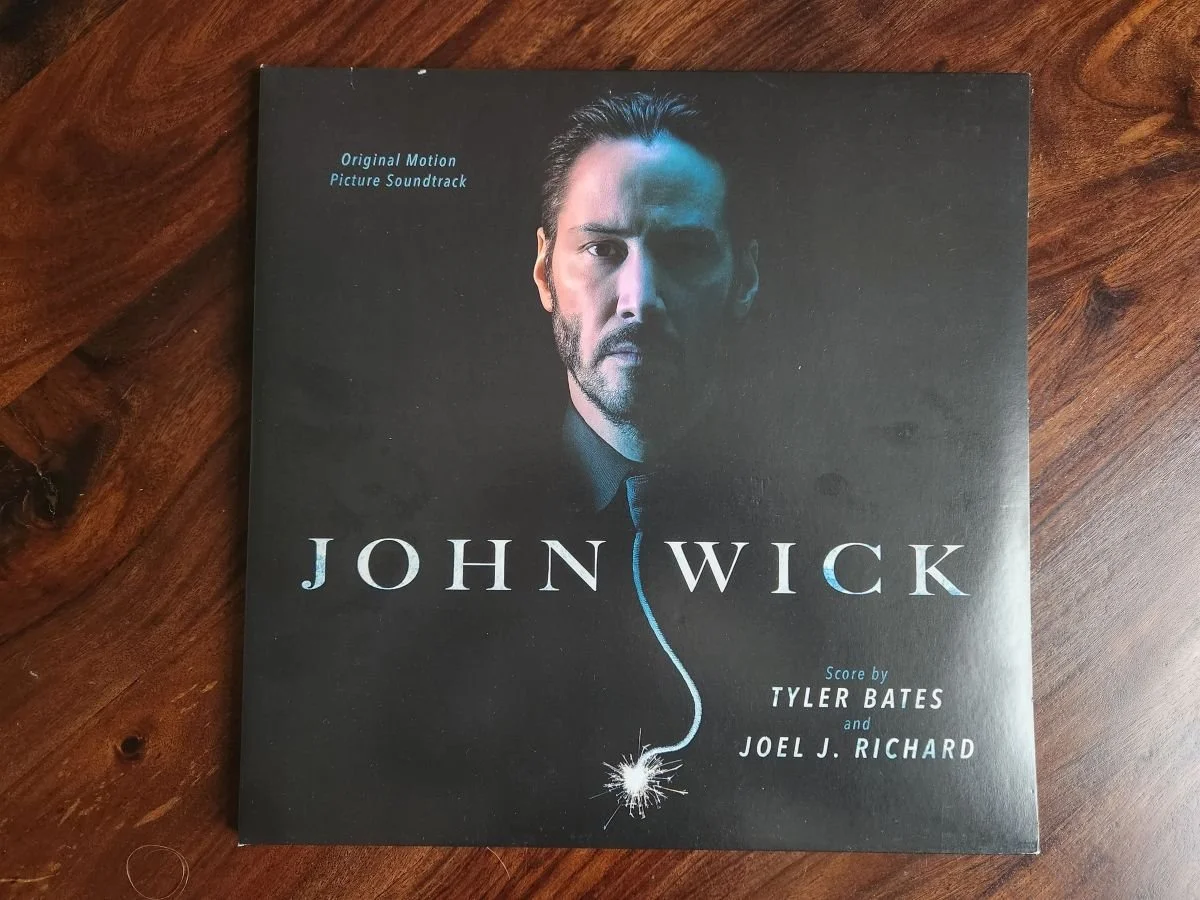Creatives, Pay Yourself First!
There’s a well-established financial concept known as “pay yourself first.”
The idea is that to properly save for wealth an individual must first put aside a small portion of their income. That slice is often suggested to be 10%. Using the remaining 90%, the individual pays the mortgage, the bills, and buys groceries. But the “mine to keep” money must come off the top. If it doesn’t, there will never be enough to go around, and the individual will stay perpetually poor.
Paying yourself first is a tough concept to grasp for some folks. It’s even harder to comprehend when you’re broke. However, I will tell you that it’s key to the early stages of wealth building. I’ve been there and it works.
An interesting thing about this principal is that it is adaptable to the artistic process. It doesn’t matter if you’re writing a non-fiction book or a crime fiction masterpiece, you must creatively pay yourself first.
Let me explain.
Burning the Creative Midnight Oil
Years ago, I wrote at night. Around 9 p.m., I’d sit at my computer and put my imagination to work. The problem was that I already had a full day at the office. My days looked something like this:
6:00 a.m. – Get up, eat breakfast, read several newspapers
7:45 a.m. – Head to the office
5:00 p.m. – Leave the office and go home
5:30 p.m. – Workout
7:00 p.m. – Eat dinner
9:00 p.m. – Be creative
10:30 p.m. – Lights out
Like anyone, my schedule flexed throughout the years. The above is only representative for a given period. By the time I put my fingers on the keyboard, I was tired. I knew I needed to keep the daily writing habit—all writers do—but it felt like a grind.
During the era of my evening creativity, I wrote about a hundred short stories that were hurried, disjointed, and uninspired. I also managed to finish three books that spent fifteen years in a drawer. Some of the problems in those tales were young author errors, but I believe it was something bigger. I’ll explain in a minute.
When people are mired in a problem, they often don’t see what the root cause is—especially if they think things are okay.
Success is Simple—Do What Successful People Do
I was in a writing group when another writer mentioned that she’d recently conquered her creativity issues. She fixed them by getting up earlier in the morning to write.
“Ugh,” I thought. “I don’t want to do that.”
Writing in the morning sounded as appealing as going to the gym first thing. Screw that, I thought. I did that in the Army.
Mornings were my quiet time when I could read three newspapers—The Spokesman-Review, The Wall Street Journal, and The Washington Post. Writing and sweating in the gym were for after work.
Did I really need to read three papers? No.
Did it make me feel successful? Yup.
Was I acting successful? Not even close.
But feeling successful took a hell of a lot less work.
So, I ignored the advice of my friend and watched her produce interesting new stories while I slogged through my late-night cram sessions. I wanted to believe I was smarter than the next person—that I had it all figured out.
But I didn’t.
This period of self-delusion continued until I read The 4-Hour Workweek by Tim Ferriss. In the book, Ferriss recommended going on an information (media) diet. When I stopped reading three morning newspapers, I found a block of invigorating writing time.
My mind felt fresh and ready. My imagination brimmed over with new ideas. I felt excited to be at the keyboard.
And why not?
My creativity wasn’t polluted with worthless media content.
My creativity wasn’t wasted on a day’s worth of decisions.
My creativity wasn’t used to make money for others.
I enjoyed writing in the morning so much that I started getting up earlier. Now, I get up at 4:30 a.m. and can’t wait to get to my computer.
Which brings me back to my initial point of “creatively paying myself first.”
Every day, I tap into my imagination before anyone else can. I’ve written so much over the past several years it boggles my mind. My skill as an author has improved by leaps and bounds.
Email is the Mind Killer
A friend once told me he was having trouble with a new manuscript.
“I feel daunted by it,” he said.
That was a surprising revelation. He’s an accomplished author who knows his way around a thesaurus. When I asked him what his writing schedule looked like, he said something along the lines of, “I get up, check emails, watch some YouTube, then get started.”
I recommended he stop doing anything else in the morning except write.
Don’t get me wrong; emails are important. I love them, but they will send us down a rabbit trail especially if there is a bad one. Emails can wait for a couple of hours until we finish our morning writing.
YouTube is worse than emails because it’s candy for the brain. All social media is this way. I can’t tell you how many times I’ve been on YouTube and started watching a video on how to find the best Amazon Keywords only to end up on the channel of Cowboy Kent Rollins learning how to make fried mac n’ cheese.
My friend listened to my story about changing habits and he started writing first thing in the morning. No emails. No YouTube. And guess what he told me? One week—17,000 words. Holy crap. That was insane!
Because he’s an experienced author, his results may not be indicative of the average writer (ha, I’ve always wanted to say something like that), but the proof is on the page.
So, Creatives—pay yourself first!
Don’t wait to invest in yourself at the end of the day. Only artistic leftovers remain there. Invest early when your imagination well is full of new ideas.
Don’t let others get the best of your originality. If you’re only working with the scraps of your inspiration, how will you reach your potential?
When I hit the end of day, I’m mentally spent. My mind feels worked out and pushed to the creative limits.
Then I go to sleep and wake up—excited to do it all over again.
This article originally appeared on my finance blog, The Bumbling Millionaire. I’ve moved it here permanently.





